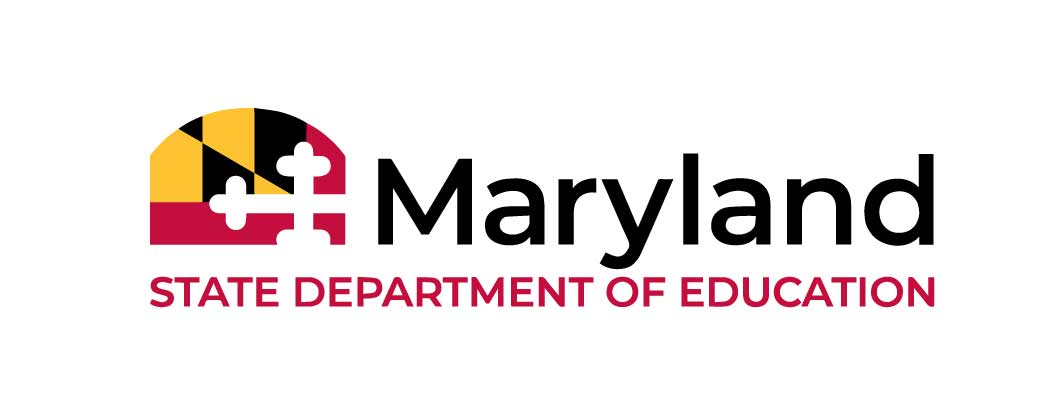Maryland EXCELS

The main goal of Maryland’s early care and education infrastructure is to improve the school readiness skills of kindergartners. More specifically, the State aims to narrow the achievement gap between children with disabilities and their peers without disabilities when entering kindergarten.
Research shows that children who receive child care in more formal regulated settings, such as a child care center or nursery school, enter kindergarten more ready to learn than those in informal care settings (MSDE, 2012). Despite the Americans with Disabilities Act (ADA) requirements that child care providers make reasonable accommodations, families of children with disabilities all across the State have difficulty accessing and keeping licensed child care (Maryland Developmental Disabilities Council, 2012).
Maryland has implemented targeted initiatives to improve the quality of child care programs and to make high-quality programs accessible to all children. One such initiative is Maryland EXCELS, a Quality Rating and Improvement System (QRIS) program that awards ratings to registered and licensed family child care providers, child care centers, and public pre‐K programs that meet particular standards of quality in various key areas. EXCELS is a voluntary program designed to increase parent and provider awareness of the elements of high quality early care and education (i.e., “standards”), to recognize and support providers who are meeting those standards, and to educate families and the broader community about the importance of high quality care. Dimensions of quality as they relate to children with disabilities are incorporated into the EXCELS standards, including requirements that programs:
- have written policies on their philosophy or mission and practices regarding the inclusion of children with disabilities, special health care needs, and/or challenging behaviors;
- make specific professional development efforts to increase provider preparedness to care for children with diverse needs;
- employ developmentally- and age-appropriate practices that are responsive to the individual needs of all children;
- monitor each child’s individual progress using State-recommended screening instruments and share concerns about development with families.
Visit Maryland EXCELS for more information.






